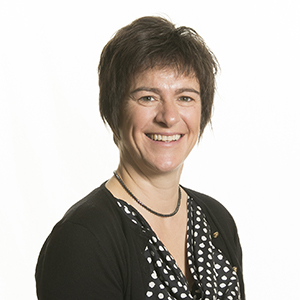
On 22 May 2024, Nausicaa Delfas, Chief Executive of the Pensions Regulator (TPR) gave a keynote speech that set out TPR's priorities and how they plan to achieve them.
You can find the speech here – and we have set out a short summary and our comments below:
Key points
- The defined contribution (DC) market is still growing and consolidating with more than 28 million members and more than £158 billion assets under management
- In defined benefit (DB) schemes funding levels are high with over 80% being fully funded but only 4% of private sector schemes are open to new members and accrual
- Trusteeship expectations are changing with more focus on investment skills and more schemes appointing professional trustees to join the existing board or as a sole trustee.
TPR's priorities
To ensure that:
- DC savers get value for money
- All DB members benefits are secure
- All schemes are well run with high quality data and excellent trustee boards.
DC schemes
Improving value for money
TPR warned us to expect more scrutiny of small schemes (under £100 million) through a change in enforcement approach. Trustees are to be held to account and full regulatory compliance will be required. More schemes can expect to receive fines for not carrying out value for money assessments.
Increasing Mastertrust supervision
Consolidation within the Mastertrust market has been driven by opportunity not necessity and the total assets held are over £50 billion over a relatively short six year lifespan. TPR is planning to move from "show us you are complying" to looking under the bonnet and meeting the scheme managers face to face to understand the market and identify risks with a focus on the future. Basically these schemes have too many members not to deliver a good outcome and TPR will be increasing supervision.
DB schemes
DB schemes are facing a different landscape to that which dominated the first 15 years of the TPR's life. Many schemes now are in surplus and buy-out is no longer seen as the only end-game option. TPR sees the DB funding code as helping trustees decide what is best for their own scheme and to better understand the various risks and end of life options. TPR explains that although general guidance can help explain options, each scheme will have its own circumstances and careful consideration will be needed.
Increasing standards across the board
Trusteeship is becoming more complex and boards need a variety of skills depending on the type of scheme and membership profile. The general code will help educate trustees as to what good decision processes look like but all trustees should understand what they are trying to achieve for their members and play an active role in scrutinising the decisions they make with regards to their members' benefits. Quality decision making is key.
Data quality, transparency and innovation
TPR wants the pensions industry to be innovative and drive change in ways to improve exchange of data and improve transparency. With pension dashboards getting closer – TPR says that meeting deadlines is not an option.
General code of practice
As the pension landscape changes, TPR is promising to adapt. TPR it expects standards across to the board to improve to ensure that all members have a good outcome. This increases the responsibility on trustees to keep abreast of developments, seek appropriate advice, make sound decisions and to have a robust compliance framework. The general code of practice which was issued in March this year will assist. Please speak to Suzanne Duff or your usual contact in our pensions team if you wish to discuss the code any issues raised in this note.
This article is for general information only and reflects the position at the date of publication. It does not constitute legal advice.




